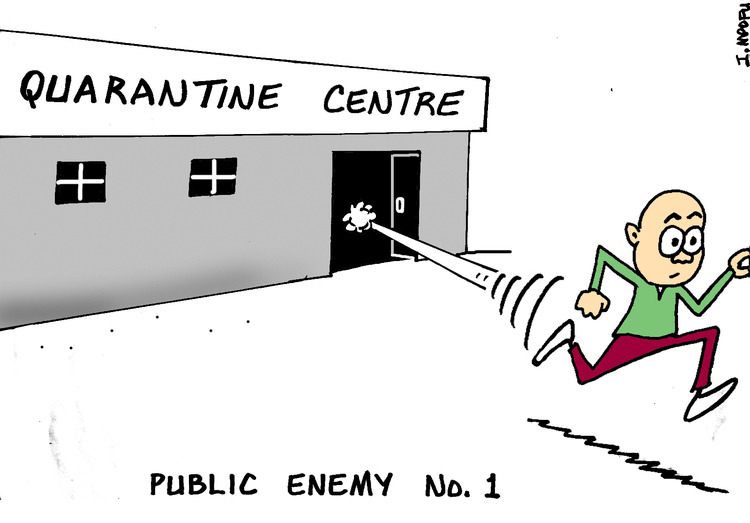Cotton farmers switch to bank accounts

Business Reporter
Following the suspension of bulk mobile payments by the Reserve Bank of Zimbabwe on suspicion that they were fuelling foreign exchange market activities, cotton farmers are now switching to bank accounts.
Previously, the majority of farmers were paid via mobile platforms, mainly EcoCash.
But after it became apparent that the central bank was not budging on its decision to suspend mobile payments to facilitate investigations into the use of mobile agent lines to fuel illegal foreign exchange deals, cotton farmers have started opening bank accounts. The Government announced the cotton producer price for this year nearly two months ago, but most farmers are yet to be paid because the mobile agent lines for most cotton ginners are frozen.
The Cotton Company of Zimbabwe (Cottco), the country’s largest cotton financier, has taken the lead and has already engaged some local banks to open accounts for farmers at various buying points.
Cottco has also introduced a scheme where farmers are voluntarily partly paid in the form of assets, building materials or groceries.
Visits by The Herald Finance & Business at various buying points in Gokwe and Sanyati recently revealed the presence of officers from CBZ Bank, Agribank and First Bank, formerly Barclays, opening accounts and issuing bank cards to the farmers.
Several farmers interviewed were generally happy to have bank accounts linked to their mobile accounts.
“Cottco did a good thing by introducing the optional payment method,” said Takawira Shumba, a farmer from Zhombe in Gokwe.
“We, however, appeal to the authorities to provide cash because even if I transfer my money from bank to mobile wallet, I am charged huge premiums of up to 5 percent when I transact. This is eroding our earnings.”
Last week, Reserve Bank of Zimbabwe governor Dr John Mangudya, encouraged cotton merchants to facilitate opening of bank accounts for their farmers.
Under the scheme in which Cottco is alternatively paying the farmers through buying them assets, farmers described the arrangement as a viable option in light of hyperinflation.
In Chodha and Musadzi areas of Nembudziya, Cottco so far delivered 36 grinding mills to farmers.
“I produced 28 bales and asked Cottco to buy me a grinding mill, buffalo bicycle and some groceries. As we are speaking all these have been delivered,” Mr Simbarashe Butete, a farmer in Sanyati said.
“We have produced cotton for many years but we did nothing with the proceeds from the commodity because many would recklessly spend the money. So this initiative by Cottco has empowered us.”
Another farmer Mrs Midred Goba from Sanyati said: “I am happy with this new Cottco scheme. This year we have been uplifted. I am glad with this scheme because all what I wanted was delivered right on my doorstep.
“This has also insulated us from errant retailers who charge us huge premiums when we transact using Ecocash or One Money. “
Mr Patrick Sibanda in Kadoma added: “We are happy with this facility and it is our hope that it should continue. Things have been difficult during the previous years.
“But now you can choose what you want. We are now able to build houses as cement and all other building material can be requested and delivered to our doorstep.
“Groceries are delivered and this has helped us run away from retailers who used to overcharge us. At the same time the goods we are buying using the Cottco’s payment facility are of normal price unlike what local retailers are charging. This then gives us real value for our money as well as cutting transport costs.”
This year, cotton production is estimated at 101 000 tonnes, an increase of 32 percent from 77 000 tonnes produced last year, according to the Second Round Crop and Livestock Assessment Report. This was due to increased coverage of the Presidential Inputs Scheme. The scheme was introduced in 2015 after Government moved in to revive cotton industry.
After peaking at 352 000 tonnes in 2011, output declined to 28 000 tonnes three years later, the lowest yield in nearly two decades partly due to lack of adequate funding and poor prices.
With the coming in of the Presidential Inputs Scheme, coupled with renewed interests by private players to finance the crop, who last year financed about 30 percent of production, the sector has recorded a significant recovery.
In light of climate change, some farmers are also increasing acreage as the crop is generally less waster intensive.











Comments